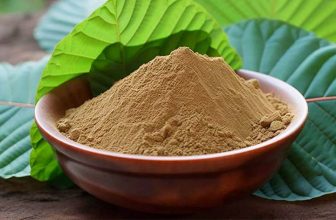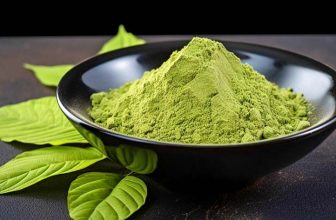
Do you have recurring bouts of stomach troubles, feeling rather unwell or stubborn skin problems that seem to appear intermittently? You eat well, stay fit, keep hydrated and invest in your health and well-being, so what’s the problem? Well, it could be an intolerance that is the culprit. It’s estimated that up to 20% of the world’s population may suffer from food intolerances. To find out how intolerances could be affecting you, take a look at these signs, symptoms and common culprits. Cabbage Conflict: 3 Ways an Intolerance May be Affecting You!
So What is a ‘Food Intolerance’?
Let’s get the facts straight. According to specialists, there are three main food hypersensitivity categories. Food allergies, coeliac disease and food intolerances.
A food allergy is a reaction of the immune system to a protein in food. The system mistakenly sees the food protein as a threat and reacts, with symptoms such as hives, wheezing, and anaphylactic shock.
Coeliac disease is an autoimmune disease, meaning that the body produces antibodies which attack its own tissues. This is triggered by the protein gluten, which is found in various grains.
A food intolerance refers to difficulty digesting or metabolizing a particular food. Food intolerances are even more common among patients with irritable bowel syndrome (IBS) and other functional gastrointestinal disorders.
How an Intolerance Can Affect You
Here’s the tricky bit. Food intolerances can take time to properly diagnose. Although not lethal, food intolerances can and often do, make the individual feel very poorly and can have a significant effect on their working and social life.
1. Digestive Issues
One of the main causes of food intolerances are gastrointestinal issues that can range from slight discomfort to severe pain. The symptoms are often delayed from the time of eating so it can be hard to pinpoint the offender. Scientific studies suggest that lactose, gluten and FODMAPs can be triggers. Common digestive symptoms include; bloating, diarrhoea, stomach cramps, nausea and gas. Even though this is not life-threatening this is definitely not allowing us to feel our best selves.
2. Skin Problems
Digestive system feeling fine? Well, we are not quite out of the woods just yet. Some intolerances present themselves as rashes, itchy skin, eczema and acne. An inability to break down a natural chemical present called histamine (found in foods such as Quorn, mushrooms, pickled and cured foods, alcoholic drinks and cheese) can cause such symptoms when high levels are present in the body. To ditch the itch maybe think of cutting down on these foods.
3. Respiratory Issues
If you’re experiencing mid-winter hayfever and unexplainable sinus infections then intolerances may be the answer to these mysteries also. Histamine food also slips into this category as well as another natural chemical called salicylates, found in vegetables, teas, coffees, honey and some medications. Sensitivity to these chemicals can leave you with respiratory irritations and ongoing problems.
What Can You Do About it?
If you think some symptoms may apply to you it’s always best to seek advice from professionals and take measures to find the offending foods. Keeping and taking a detailed food diary can always help you and your doctor find patterns and get closer to answers.









